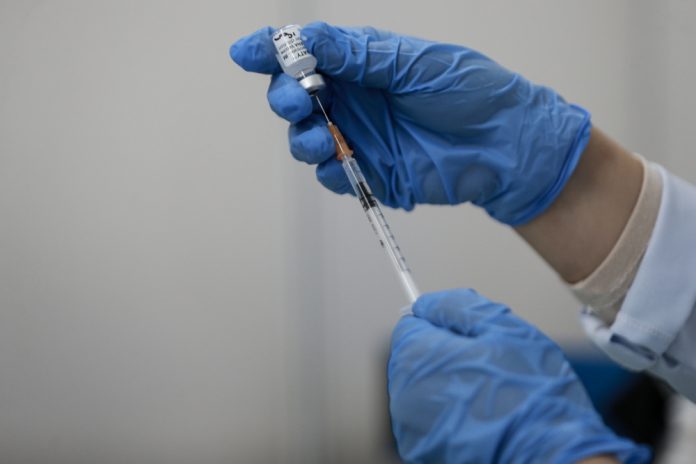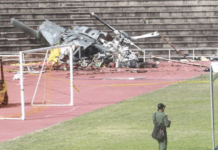KUALA LUMPUR, Aug 23 — The purchase of an additional six million doses of COVID-19 vaccine announced by Prime Minister Datuk Seri Ismail Sabri Yaakob yesterday will increase the country’s preparedness in battling the COVID-19 pandemic from now on, according to experts.
Epidemiology and Biostatistics Specialist at the Faculty of Medicine and Health Sciences, Universiti Putra Malaysia (UPM) Assoc Prof Dr Malina Osman said the Delta variant that posed a greater threat was likely to cause high-risk groups in the country to need a third dose of COVID-19 vaccine or a booster dose.
“The purchase of additional vaccine supplies can be used for that purpose. Giving booster doses to high-risk groups is an approach practised by European countries. So, the government’s decision to purchase additional vaccine supplies is a good move,” she told Bernama when contacted today.
In his inaugural speech on Sunday, Ismail Sabri announced the government’s decision to purchase an additional six million doses of the COVID-19 vaccine which is expected to arrive early next month.
Apart from that, the Prime Minister also assured that he would continue with and enhance the strategies to tackle the COVID-19 pandemic outlined by the previous government, adding that he would consider the views of the country’s public health experts.
Asked about the aspects that the government should focus on to strengthen the country’s fight against the pandemic, Dr Malina said the government should ensure a better sharing of data to the community, beyond the announcement of daily COVID-19 cases.
She said this was to ensure that the community understood that at this point, one must look at the burdens on the national health sector.
“Currently, on average, 98 per cent (reported daily COVID-19 cases) are asymptomatic. The community needs to understand about home quarantine and their role in containing the spread of the outbreak,” she said.
Malaysian Association of Public Health Physicians president Datuk Dr Zainal Ariffin Omar when contacted said strategies to tackle the COVID-19 pandemic can be enhanced by vaccinating adolescents starting from the age of 12.
“The characteristics of viral infections and COVID-19 variants are very dynamic. People aged 12 and above are vulnerable to COVID-19 infection and are at risk of becoming a source of infection in any larger community,” he said.
Dr Zainal Ariffin said the number of individuals who have registered via the MySejahtera application to get their COVID-19 jabs but have yet to receive an appointment date, is still high.
He said several states had also complained that the vaccine supplies that they received were insufficient as compared to the demand and performance of the vaccination centres (PPVs), thus the government should make efforts to strengthen the strategies to deal with COVID-19 by ensuring the smooth delivery of vaccine supplies to all states.
Meanwhile, he said a booster dose could be planned after the government hit the two-dose target, prioritising vulnerable and high-risk groups in stages.
Asked about the approach to tackling anti-vaccine groups, he said the government should encourage premises to implement the rule that would require patrons to show their digital vaccination certificate before allowing them on their premises, adding that when the national vaccination rate reached 90 per cent, the practice can be made compulsory for selected sectors.



















